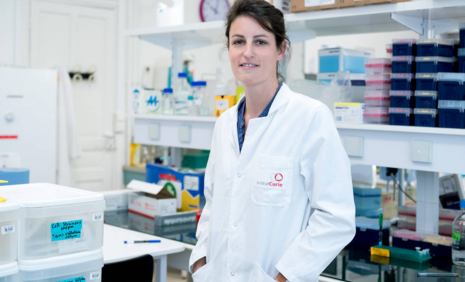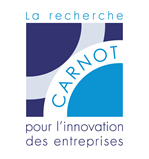Institut Curie (Curie Cancer Carnot Institute) & Google initiate a collaboration using artificial intelligence (AI) for the analysis of complex data

Institut Curie (Curie Cancer Carnot Institute) and Google initiate a joint artificial intelligence research program to develop and implement deep learning methods for the analysis of complex single-cell transcriptomic and epigenetics data. Obtained from mouse samples and cell lines, these valuable data sets will be used to develop new deep-learning algorithms. In the long term, this research project could help characterize the heterogeneity of tumors and predict resistance to treatment.
Within this joint collaboration, Institut Curie (Curie Cancer Carnot Institute) and Google will combine their expertise in single-cell and deep-learning to develop breakthrough approaches at the bridge of data science and biology. More specifically, the expertise of Céline Vallot and her team will enable the generation of scChIP-seq data1 obtained from mouse samples and cell lines. These valuable data sets will be analyzed and used by Google’s team to develop new deep-learning algorithms in collaboration with Vallot’s team.
The objective of the collaboration? The use of deep learning approaches to study single-cell epigenomics and transcriptomics data in cancer, in order to characterize tumor heterogeneity and eventually predict resistance to treatment. This project aims to dig into the structure of the learning algorithms to extract information and interpret these components at the biological level.
"Institut Curie is very pleased to be the first research center selected by Google Research for a partnership of this nature. It reinforces our commitment to play a major role in the development of artificial intelligence approaches applied to life science" adds Amaury Martin, head of Technology Transfer Office at Institut Curie & Carnot Curie Cancer.

